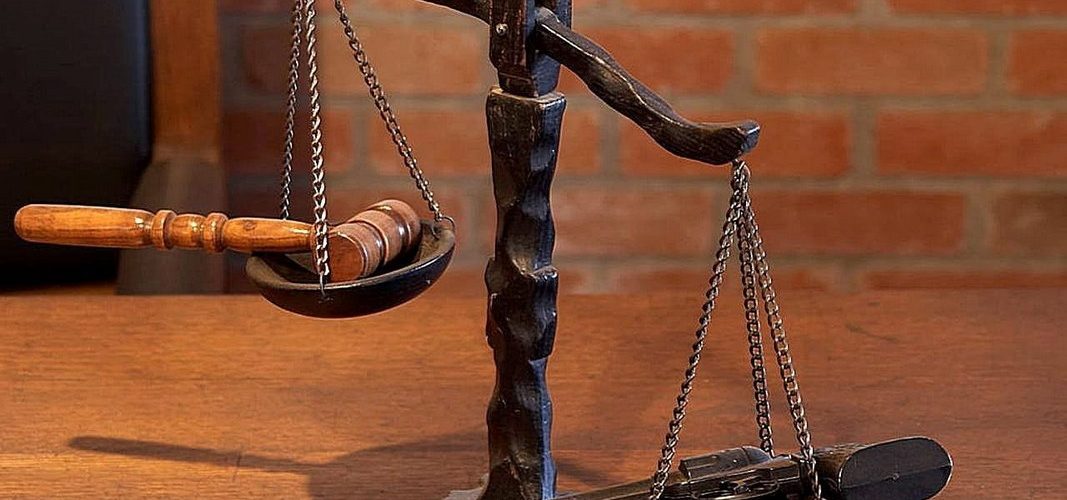On October 22, 2015, the ECJ issued his decision on the case C-277/14 InPPUH Stehcemp. The case dealt with the issue whether input VAT is recoverable despite ‘missing’ supplier. The case concerns aPolish Taxpayer that purchased fuel and obtained VAT invoices that satisfied all the conditions for VAT recovery. However, the tax authority was unable to trace the supplier or any evidence that the supplier actually existed or traded, therefore they sought to deny VAT recovery. The ECJ once again held that the right to recovery could only be denied if the Taxpayer knew, or should have known, that the supply was connected with VAT fraud, and that it was immaterial whether or not the VAT had been paid to the tax authority.
Article in the EU VAT Directive
Articles 2(1), 4(1) and (2), 5(1) and 10(1) and (2), 17(2)(a), 18(1)(a) and 22(3) of the Sixth VAT Directive
Facts
The supplier was in this case a Polish company, which has been registered at company register, however in the light of criteria governed by the Polish law was regarded as the non-existent trader in the time of delivery of the fuel. The finding that the company was a non-existent trader was based on the overall evidence, including the fact that the company was not registered for VAT purposes, did not submit tax returns, did not pay any taxes and was not allowed to sell liquid fuels. Moreover, the building designated in the company register as being its corporate seat was in a dilapidated state, making any economic activity impossible.
Questions
Must Articles 2(1), 4(1) and (2), 5(1) and 10(1) and (2) of Sixth of 17 May 1977 on the harmonisation of the laws of the Member States relating to turnover taxes — Common system of value added tax: uniform basis of assessment 1 (‘the Sixth Directive’) be interpreted as meaning that a transaction conducted in circumstances such as those in the main proceedings, in which neither the taxable person nor the tax authorities are in a position to establish the identity of the actual supplier of the goods, constitutes a supply of goods?
If the reply to Question 1 is in the affirmative, must Articles 17(2)(a), 18(1)(a) and 22(3) of the Sixth Directive be interpreted as precluding provisions of national law under which, in circumstances such as those in the main proceedings, tax cannot be deducted by the taxable person since the invoice was issued by a person who was not the actual supplier of the goods and it is not possible to establish the identity of the actual supplier of the goods and to require that supplier to pay the tax, or to identify the person required to pay the tax on the basis of the issuance of the invoice pursuant to Article 21(1)(c) of the Sixth Directive?
AG Opinion
None
Decision
The provisions of Sixth Council Directive 77/388/EEC of 17 May 1977 on the harmonisation of the laws of the Member States relating to turnover taxes — Common system of value added tax: uniform basis of assessment, as amended by Council Directive 2002/38/EC of 7 May 2002, must be interpreted as precluding national legislation, such as that at issue in the main proceedings, by which a taxable person is not allowed to deduct the value added tax due or paid in respect of goods that were delivered to him on the grounds that the invoice was issued by a trader which is to be regarded, in the light of the criteria provided by that legislation, as a non-existent trader, and that it is impossible to determine the identity of the actual supplier of the goods, except where it is established, on the basis of objective factors and without the taxable person being required to carry out checks which are not his responsibility, that that taxable person knew, or should have known, that that transaction was connected with value-added-tax fraud, this being a matter for the referring court to determine.
Personal comments/VATupdate
In the case C-277/14 concerning a Polish taxable person, the ECJ decided that the taxable person has a right to deduct a VAT which was paid for goods (diesel fuel in the present case), and this despite the fact that according to the national law the Tax Office has regarded the supplier as a non-existent trader and it is not possible to establish the identity of the actual supplier of the goods.
According to the ECJ the right to deduct the VAT won´t arise, if on the basis of objective factors and without requiring the recipient of the invoice to carry out checks which are not his responsibility, it will be proved that this taxable person knew, or should have known that the transaction was a part of a VAT fraud – this is a matter for the referring court to determine.
In the present case, the invoices related to the dispute transactions included inter alia quantity and nature of the goods supplied, amount of the due value added tax as well as the name of the supplier, his tax identification number and address of the company seat. Please note that in the judgment of the ECJ is also stated, that in the present case also other material conditions for VAT deduction were met (as for example that the taxable person used purchased goods, as inputs, for his own taxed output transactions).
Source
Newsletters















